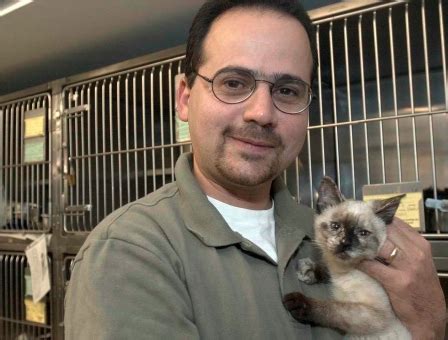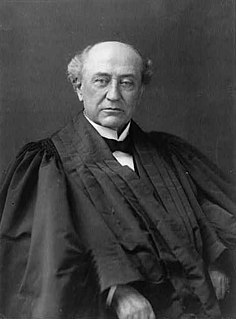A Quote by Robert Baden-Powell
Of course, animals have to be killed for food or to prevent their doing injury to others or to property. But such killing is too often carried out without regard to the pain inflicted.
Related Quotes
The nerves of the skin send pain signals to the brain to warn us of the danger from and impending injury. In the case of self-inflicted wounding, this pain acts as the body's own defense mechanism to stop one from proceeding in the effort at physical injury. If a person proceeds despite the pain, that means that he or she is motivated by something stronger than the pain, something that makes him or her capable of ignoring or enduring it.
Inside me, I think that an animal goes through a lot of pain in the whole cycle of death in the slaughterhouse; just living to be killed. That whole situation is really messed up for animals, growing up in those little cooped-up pens. I just don't think its worth eating that animal. I think animals should be free. There's so much other food out there that doesn't have to involve you in that cycle of pain and death.
Humans — who enslave, castrate, experiment on, and fillet other animals — have had an understandable penchant for pretending animals do not feel pain. A sharp distinction between humans and 'animals' is essential if we are to bend them to our will, make them work for us, wear them, eat them — without any disquieting tinges of guilt or regret. It is unseemly of us, who often behave so unfeelingly toward other animals, to contend that only humans can suffer. The behavior of other animals renders such pretensions specious. They are just too much like us.
This for many people is what is most offensive about hunting—to some, disgusting: that it encourages, or allows, us not only to kill but to take a certain pleasure in killing. It's not as though the rest of us don't countenance the killing of tens of millions of animals every year. Yet for some reason we feel more comfortable with the mechanical killing practiced, out of view and without emotion by industrial agriculture.




































